Coffee is one of the most popular beverages in the world. The American Coffee Association estimated that 2.25 billion cups of coffee are consumed every day worldwide. In the past 5-10 years, China's coffee market has grown rapidly, and the total size of retail coffee products and coffee consumed in cafes has grown from 22 billion yuan in 2014 to 75 billion yuan in 2020. More and more people begin to regard coffee as an important daily drink, and the impact of coffee on human health has naturally become a trending topic that people always talk about.
Today we would like to discuss the implications between coffee and blood pressure and try to answer the question: How does coffee affect blood pressure?
-
Does coffee raise blood pressure?
Coffee can briefly raise blood pressure. Most people experience a spike in their blood pressure within 30 minutes to an hour of consuming coffee. But the effects of coffee on blood pressure elevation were not identical for normotensives and hypertensives.

For people with normal blood pressure, blood pressure rises briefly after drinking coffee. The most comprehensive review to date on the acute effects of caffeine in normotensive individuals reported BP elevations from 2-12 mm Hg for systolic blood pressure (SBP) and from 3-11 mm Hg for diastolic blood pressure (DBP)[1]. caffeine has been shown to raise blood pressure via mechanisms that include sympathetic over-activation, antagonism of adenosine receptors, increasing norepinephrine release via direct effects on the adrenal medulla, direct renal effects, and activation of the reninangiotensin system.
For hypertensive individuals, drinking coffee can also briefly raise their blood pressure. In 2011, a study published in the American Journal of Clinical Nutrition analyzed the effect of caffeine on blood pressure using a systematic review and meta-analysis
Table 1 Meta-analysis of the acute effects of caffeine on SBP in hypertensive individuals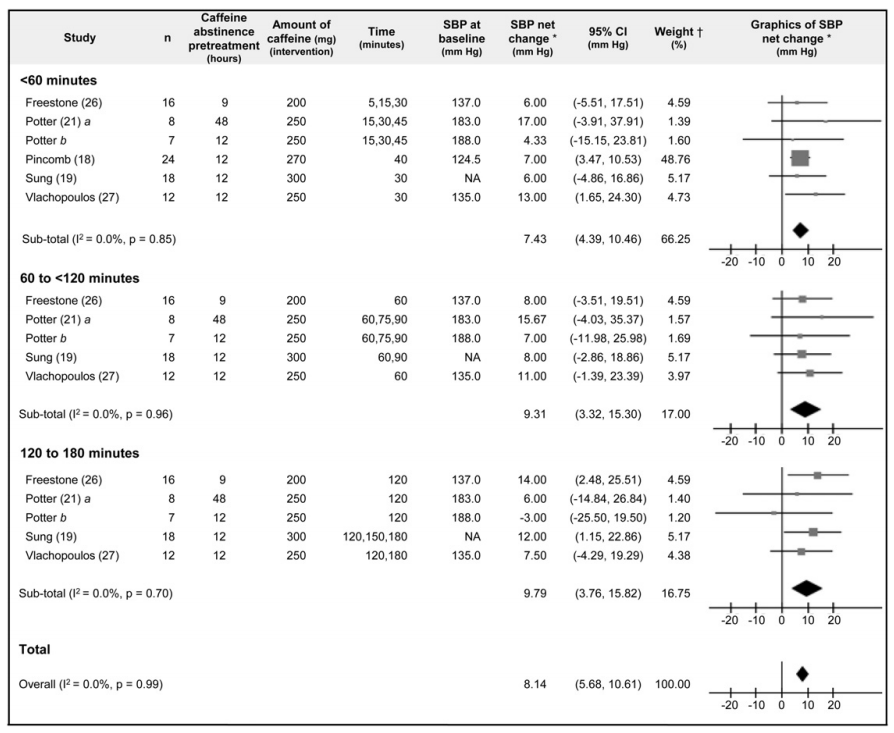
Table 2 Meta-analysis of the acute effects of caffeine on SBP in hypertensive individuals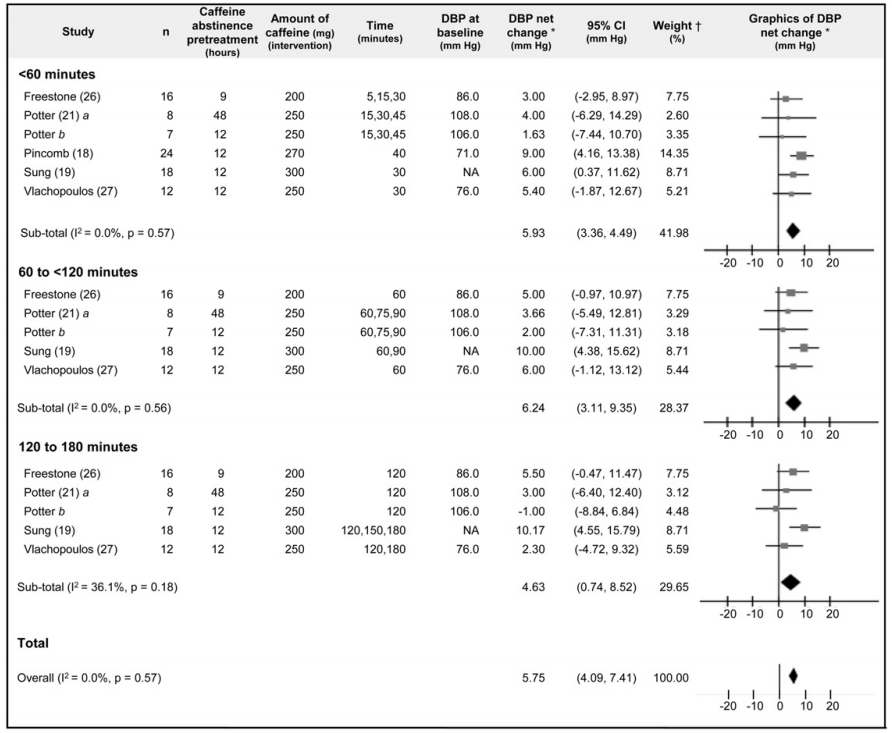
Rather, it should be noted that the effect of caffeine only leads to a temporary increase in blood pressure and the blood pressure will return to normal levels 3-4 hours after consuming caffeine.
-
Does long term caffeine consumption lead to the risk of hypertension?
No. Moreover, long-term intake of a certain amount of caffeine can even reduce the risk of high blood pressure. A study published in 2018 Journal of Human Hypertension analyzed the relationship between coffee and the risk of
Figure 1 Linear dose–response association between coffee consumption and hypertension modeled by using restricted cubic spline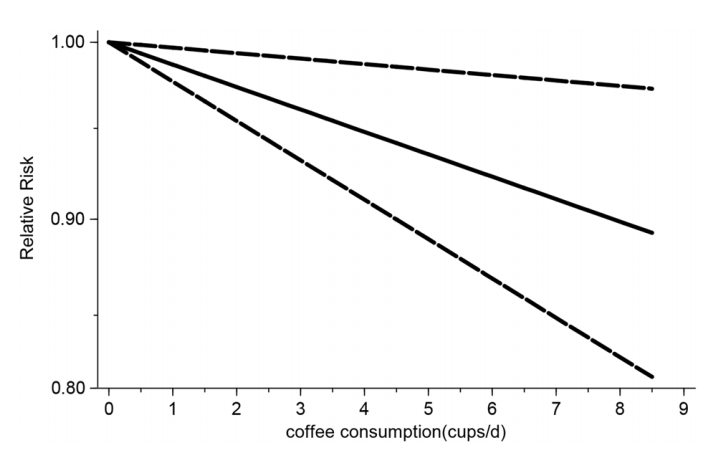
In addition, an article published in the European Journal of Nutrition in 2017 came to a similar conclusion
Figure 2 Inverse U-shaped association between coffee intake and risk of hypertension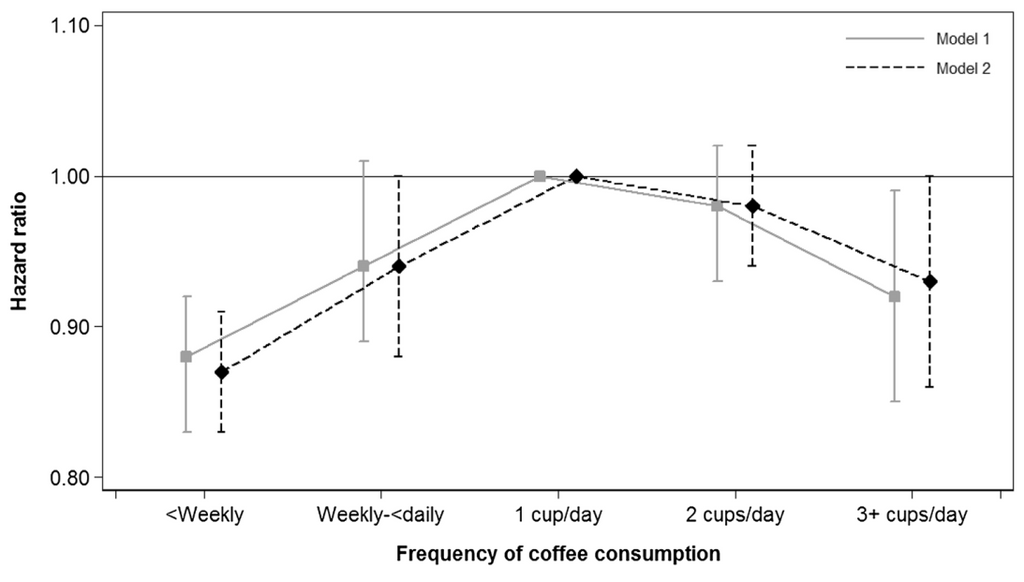
-
Does long term caffeine consumption lead to the risk of hypertension?
Keep one principle mind: always follow your body’s response when you’re drinking coffee.
The FDA recommends that adult should consume no more than 400 mg of caffeine per day (about 3-4 standard cups of coffee) on average . Exceeding the safe amount may cause adverse reactions such as palpitations and anxiety for people with poor caffeine tolerance. For people with hypertension, daily caffeine intake is more limited. Generally speaking, 200-300 mg of caffeine can increase systolic blood pressure by an average of 8 mm Hg and diastolic blood pressure by 6 mm Hg. Therefore, the upper limit of daily caffeine intake for hypertensive patients is recommended to be less than 200 mg. For reference, a Starbucks Large Americano has about 200 mg of caffeine.
In a paper published in 2021, researchers from the University of South Australia found that genetic evidence suggests that people tend to naturally regulate their coffee consumption based on blood pressure levels and heart
References:
2.Xie, Chen, Cui, et al. Coffee consumption and risk of hypertension: a systematic review and dose-response meta-analysis of cohort studies[J]. JOURNAL OF HUMAN HYPERTENSION, 2018, 32(2):83-93.
3.Chei C L , Loh J K , Soh A , et al. Coffee, tea, caffeine, and risk of hypertension: The Singapore Chinese Health Study[J]. European Journal of Nutrition, 2017.
4.Kozuma K, Tsuchiya S, Kohori J, Hase T, Tokimitsu, Antihypertensive effect of green coffee bean extract on mildly hypertensive subjects. Hypertens Res 2005, 28:711–718. doi:10.1291/ hypres.28.711
5.Elina H, Zhou A. Cardiovascular symptoms affect the patterns of habitual coffee consumption[J]. The American Journal of Clinical Nutrition, 2021.

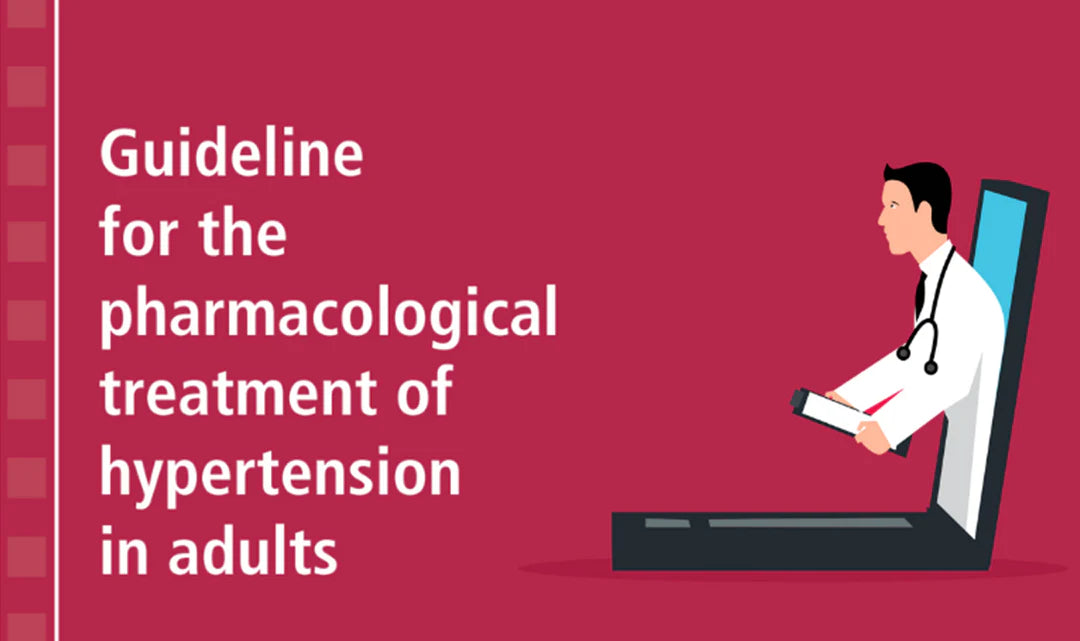

Leave a comment
This site is protected by hCaptcha and the hCaptcha Privacy Policy and Terms of Service apply.